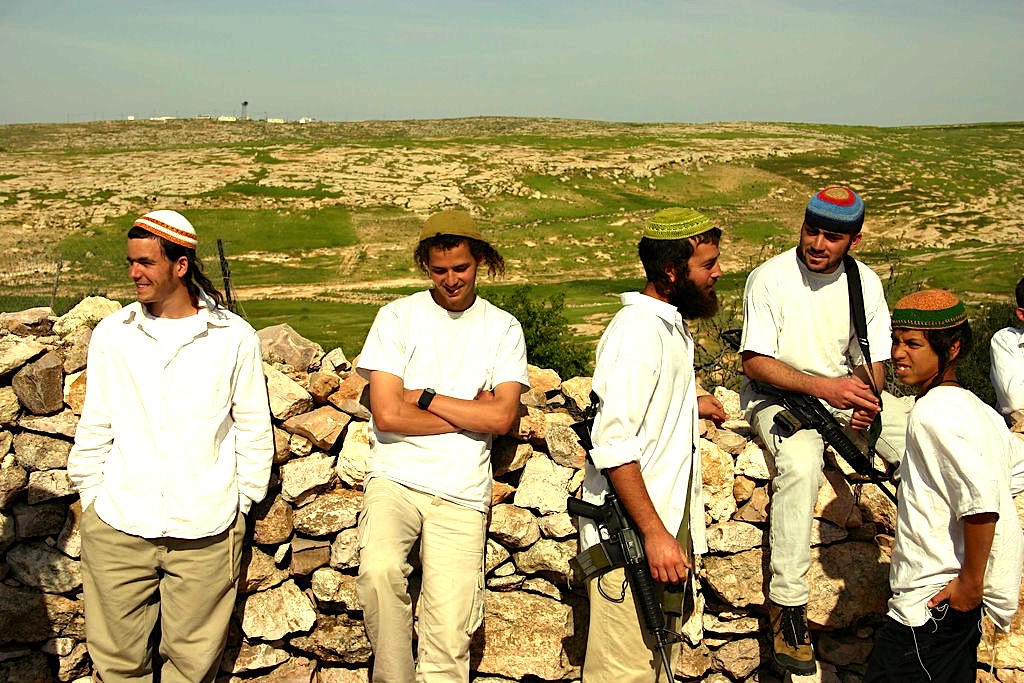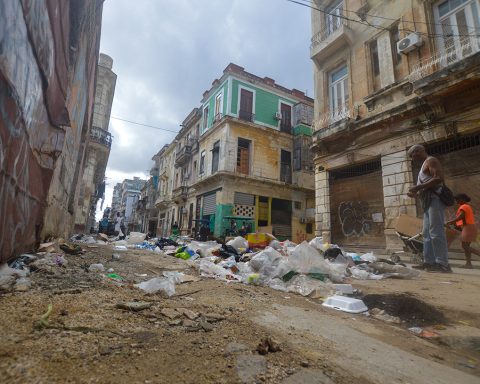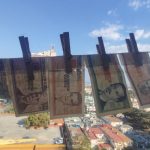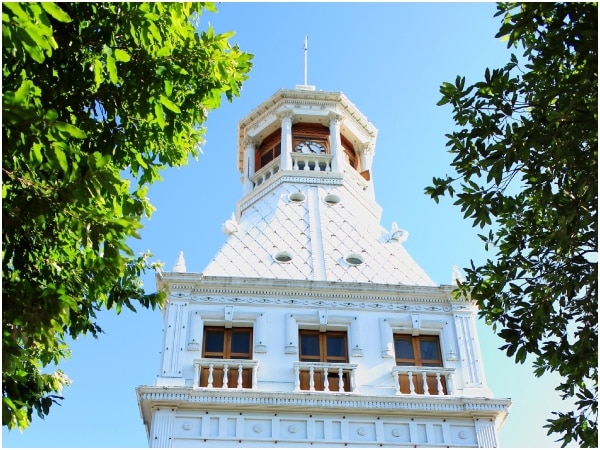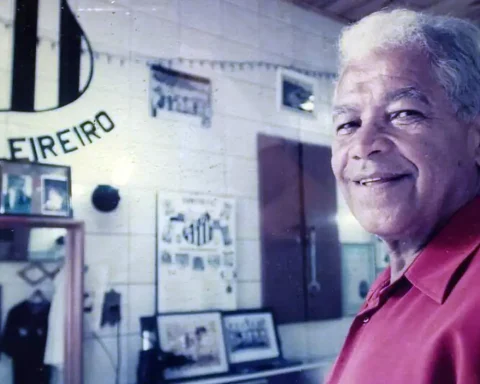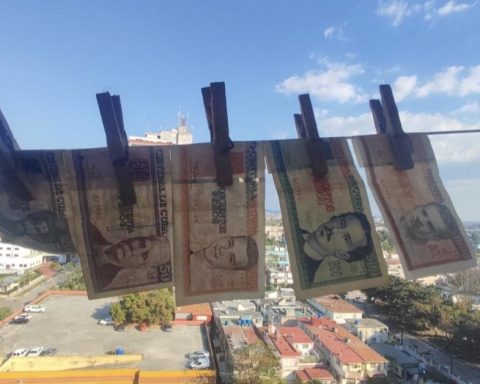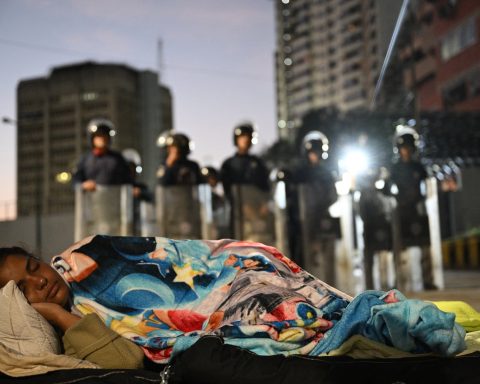The International Court of Justice (ICJ) in The Hague has ruled that Israel’s continued presence in the occupied Palestinian territory is illegal and must end “as quickly as possible.”
Nawaf Salam, president of the ICJ in The Hague, released the non-binding advisory opinion issued on Friday by a panel of judges on the Israeli occupation of Palestinian territory.
The judges found that policies such as the construction and expansion of Israeli settlements in the West Bank and East Jerusalem, the use of the area’s natural resources, annexation and imposition of permanent control over land, and discriminatory actions against Palestinians violated international law.
They said Israel has no right to sovereignty over the territories, and is violating international laws against the acquisition of territories by force and impeding the Palestinians’ right to self-determination.
They also legislated that other nations were obliged not to “provide aid or assistance to maintain” Israel’s presence in the territory. And that Israel must cease settlement construction immediately and remove existing ones.
Israel’s “abuse of its status as an occupying power” makes its “presence in the Occupied Palestinian Territory illegal,” the court said. “Israeli settlements in the West Bank and East Jerusalem, and the regime associated with them, are maintained in violation of international law.”
Israel captured the West Bank, Gaza Strip and East Jerusalem – areas of historic Palestine that Palestinians want for a state – in the 1967 war. Since then, it has built settlements in the West Bank and East Jerusalem and steadily expanded them. It also had settlements in Gaza before its withdrawal in 2005.
The UN and the vast majority of the international community consider this to be Palestinian territory occupied by Israel.
Palestinian Foreign Minister Riyad Maliki told reporters in The Hague that the ruling marked a “decisive moment for Palestine, for justice and for international law.”
“The ICJ has fulfilled its legal and moral duties with this historic ruling. Now all states must abide by their clear obligations: no aid, no assistance, no complicity, no money, no arms, no trade, nothing at all; no action of any kind to support Israel’s illegal occupation,” he said.
For his part, Riyad Mansour, the Palestinian ambassador to the UN, said the ruling was a “significant step” in the direction of ending the occupation and achieving the inalienable rights of the Palestinian people, including the right to self-determination, statehood and the right of return.
The right to return is a demand that Palestinians who were forced from their homes in the 1948 Nakba and the 1967 Arab-Israeli war be allowed to return.
Israeli Prime Minister Benjamin Netanyahu’s office issued a statement calling the ruling a “decision of lies” that distorted the truth and asserting that “the Jewish people are not occupiers of their own land.”
Human rights lawyer Jeffrey Nice said it would be difficult for world leaders to completely “ignore” the ICJ ruling, even though it is not binding.
